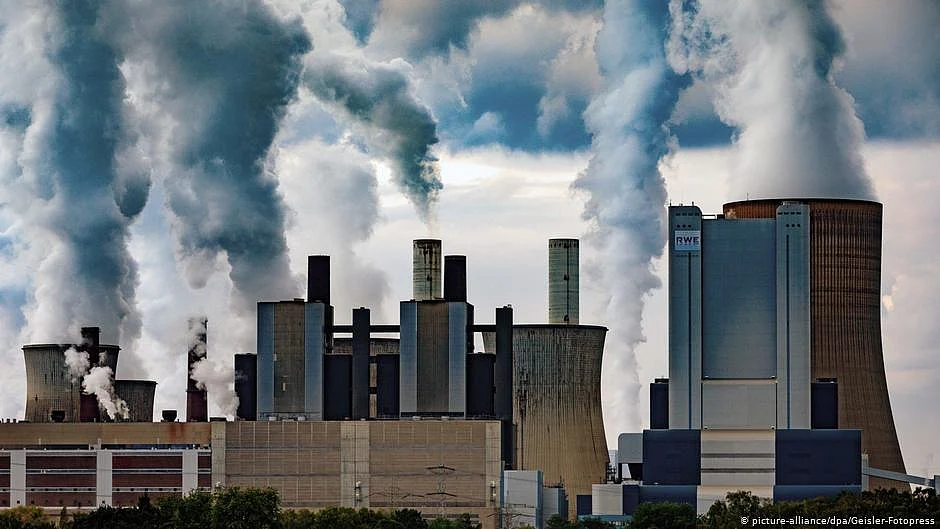Abatement technologies can't be used to justify fossil fuel expansion: Group of countries
In a joint statement, the leaders emphasised the need for systemic transformations across all economic sectors, driven by a "global phase-out of fossil fuels"

Leaders of 17 countries, including France, Chile and Kenya, have said that abatement technologies play a minimal role in decarbonising energy systems and cannot be used to justify the expansion of fossil fuels.
These 17 nations are members of the High Ambition Coalition (HAC), a group of countries advocating for strong and ambitious action on climate change.
In a joint statement released ahead of the United Nations Climate Ambition Summit on Wednesday, the leaders emphasised the need for systemic transformations across all economic sectors, driven by a "global phase-out of fossil fuels".
They acknowledged that while abatement technologies have a role in reducing emissions, their impact on decarbonising energy systems is limited.
"We cannot use it (abatement technologies) to green-light fossil fuel expansion," said the leaders representing Austria, Belgium, Chile, Colombia, Denmark, Micronesia, Finland, France, Iceland, Ireland, Kenya, Marshall Islands, the Netherlands, Palau, Spain, Tuvalu and Vanuatu.
"The harm being caused, particularly to the poorest and those least responsible for the climate crisis, will continue to deepen unless we stop adding carbon to the atmosphere. The costs will rise and we will measure them in human lives," the leaders said.
They stressed that limiting global warming to 1.5 degrees Celsius requires halving global emissions within this decade on the path to achieving net-zero emissions.
"We recognise that the first step is to peak greenhouse gas emissions before 2025, and failing to do so will make it impossible to halve emissions by 2030," they added.
With the world experiencing unprecedented heat, floods, wildfires, cyclones and droughts at just 1.1 degrees of global warming, the leaders emphasised the importance of restoring and protecting carbon sinks in the fight against climate change.
They called for ambitious global targets in renewable energy and energy efficiency as part of a just and equitable transition that ensures global access to clean energy.
Addressing the need for worldwide adaptation efforts, the statement highlighted that loss and damage from the climate crisis are increasing daily, especially as tipping points are approached.
The leaders urged the mobilisation of trillions of dollars in finance for climate action and the implementation of financial system reforms to address the multiple crises facing the world.
They emphasised that all financial flows should contribute to a more just and equitable world, aligning with the 1.5-degree goal and building resilience to climate impacts.
"No country should have to choose between fighting poverty and fighting for our planet," the leaders said.
The statement also called for the Global Stocktake (GST) to be a turning point and stressed the importance of closing the ambition and implementation gaps across various aspects of climate action in the critical decade and beyond.
The GST is a two-year UN review to assess the collective global progress towards achieving the purpose of the Paris Agreement. The exercise will be completed at the end of COP28 in Dubai.
A technical report on the first-ever GST published earlier this month said the world is far from being on track to meet the long-term goals of the Paris Agreement.
Follow us on: Facebook, Twitter, Google News, Instagram
Join our official telegram channel (@nationalherald) and stay updated with the latest headlines
